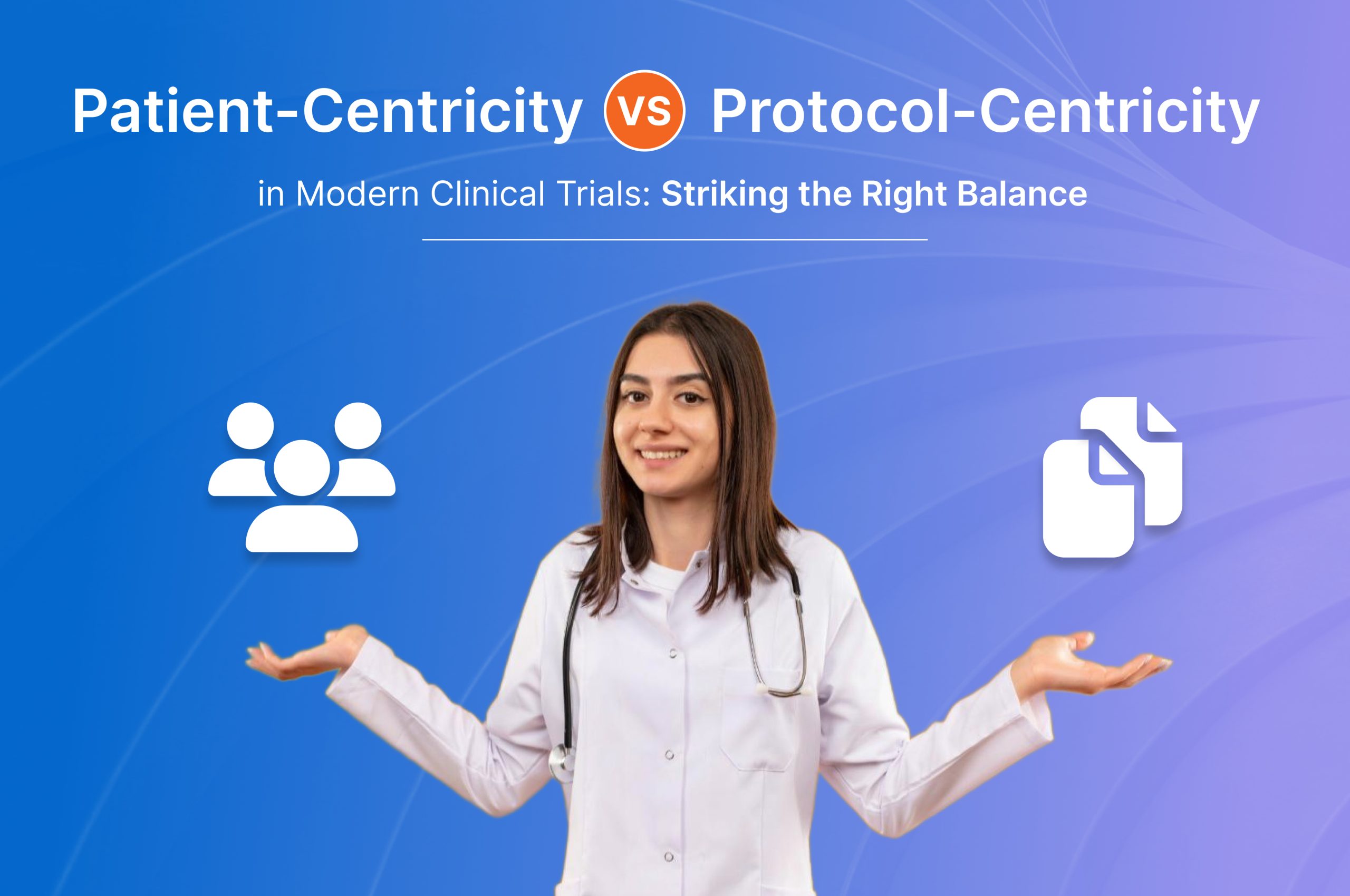Clinical trial compliance software is an essential tool for modern medical research, aiding in the complex process of ensuring trials adhere to regulatory standards. The use of such software spans a diverse range of stakeholders in the medical and pharmaceutical fields. This article delves into who these users are, their roles, and how clinical trial compliance software benefits them.
1. Pharmaceutical Companies
Pharmaceutical companies are at the forefront of utilizing clinical trial compliance software. These organizations conduct numerous clinical trials to develop new drugs and treatments, requiring stringent adherence to regulatory guidelines. Compliance software helps them:
- Manage Data: Centralize and organize vast amounts of data generated during trials.
- Regulatory Adherence: Ensure all procedures align with regulations from bodies such as the FDA (U.S. Food and Drug Administration) and EMA (European Medicines Agency).
- Audit Trails: Maintain accurate and easily accessible records for audits and inspections.
By leveraging this software, pharmaceutical companies can streamline their processes, reduce the risk of non-compliance, and expedite the drug approval process.
2. Clinical Research Organizations (CROs)
CROs are outsourced partners that conduct clinical trials on behalf of pharmaceutical and biotechnology companies. They utilize compliance software to:
- Project Management: Coordinate various aspects of the trial, from planning and recruitment to data collection and analysis.
- Quality Control: Monitor trial progress in real-time, ensuring protocols are followed precisely.
- Reporting: Generate comprehensive reports for sponsors and regulatory authorities.
CROs benefit from compliance software by improving efficiency, ensuring consistency, and enhancing communication with sponsors and regulatory bodies.
3. Healthcare Providers and Institutions
Hospitals, clinics, and research institutions involved in clinical trials also rely on compliance software. These users include:
- Principal Investigators: Lead researchers who oversee the trial's execution at their site.
- Study Coordinators: Individuals who manage day-to-day trial activities, including patient recruitment and data entry.
- Data Managers: Professionals responsible for handling and securing patient data.
For healthcare providers, compliance software aids in maintaining patient safety, ensuring ethical standards are met, and managing complex trial logistics.
4. Regulatory Agencies
Regulatory bodies, such as the FDA, EMA, and other national health authorities, indirectly benefit from clinical trial compliance software. While they may not use the software directly, they receive:
- Standardized Data: Consistent and accurate data submissions that facilitate the review process.
- Transparency: Clear documentation and audit trails that help in evaluating trial integrity.
- Efficient Communication: Easier access to required information, speeding up regulatory decisions.
These agencies set the standards that compliance software helps adhere to, ensuring that clinical trials are conducted ethically and safely.
5. Biotechnology Companies
Similar to pharmaceutical companies, biotechnology firms engage heavily in clinical research, often focusing on cutting-edge treatments and innovations. Compliance software assists them by:
- Innovation Management: Keeping track of various experimental treatments and their progress through different trial phases.
- Funding and Grants: Providing accurate data and progress reports required for securing funding.
- Intellectual Property Protection: Ensuring that proprietary methods and findings are properly documented and protected.
Biotechnology companies use compliance software to maintain an edge in a highly competitive and rapidly evolving field.
6. Academic Researchers
Universities and research institutions often conduct clinical trials as part of their medical and scientific research programs. Academic researchers utilize compliance software to:
- Protocol Management: Develop and adhere to trial protocols.
- Data Collection and Analysis: Ensure accurate and efficient data handling.
- Publication and Peer Review: Provide transparent and verifiable data for publication in scientific journals.
For academics, compliance software supports the integrity and credibility of their research, aiding in the dissemination of new scientific knowledge.
7. Contract Research Organizations (CROs)
CROs, which provide outsourced research services, are heavy users of clinical trial compliance software. They manage trials for pharmaceutical and biotech companies, ensuring compliance with regulatory standards. The software helps CROs in:
- Operational Efficiency: Streamlining trial processes and managing multiple projects simultaneously.
- Client Reporting: Providing detailed, real-time reports to their clients.
- Risk Management: Identifying and mitigating risks associated with non-compliance.
CROs use this software to deliver high-quality, compliant research services to their clients.
8. Patients and Patient Advocacy Groups
Patients participating in clinical trials and patient advocacy groups benefit indirectly from compliance software. The software ensures:
- Patient Safety: Adherence to protocols designed to protect participants.
- Informed Consent: Proper documentation and management of consent forms.
- Transparency: Clear communication of trial procedures and results.
Advocacy groups rely on the integrity ensured by compliance software to trust the clinical trial process and advocate for patient rights and safety.
Benefits of Clinical Trial Compliance Software
Across these diverse users, the benefits of clinical trial compliance software are clear:
- Improved Accuracy and Efficiency: Automation of data entry and management reduces errors and speeds up trial processes.
- Enhanced Compliance: Ensures adherence to complex regulatory requirements, minimizing the risk of costly non-compliance.
- Better Data Management: Centralized systems allow for secure, organized, and easily retrievable data.
- Real-Time Monitoring: Enables continuous oversight of trial progress, ensuring timely identification and resolution of issues.
- Cost Savings: Reduces administrative burdens and associated costs, making trials more cost-effective.
Conclusion
Clinical trial compliance software is an indispensable tool across the spectrum of stakeholders involved in clinical research. From pharmaceutical giants to individual researchers, the software ensures that trials are conducted efficiently, ethically, and in compliance with regulatory standards. As the complexity and volume of clinical trials continue to grow, the role of compliance software will only become more critical, driving advancements in medical research and patient care.
Related Articles:
Who Uses Clinical Trial Management Platforms (CTMS)?



